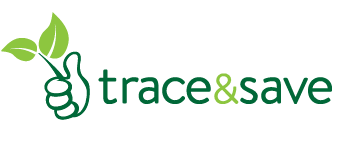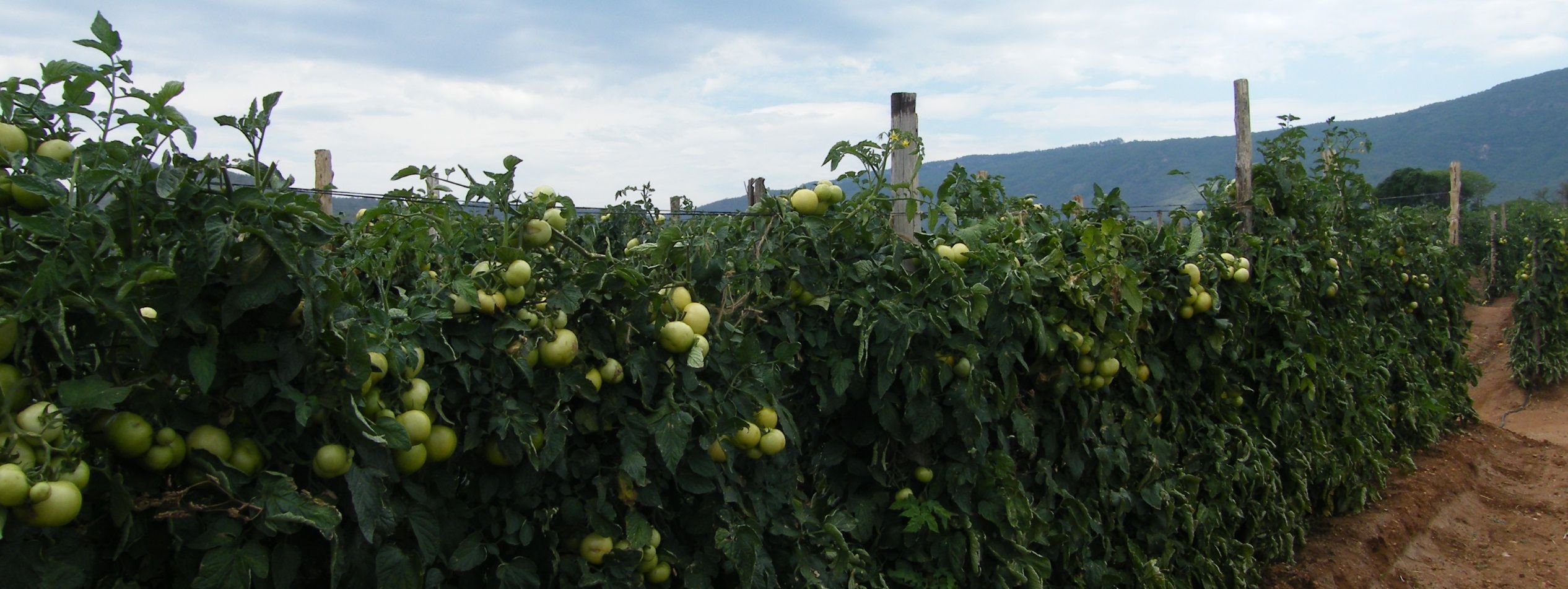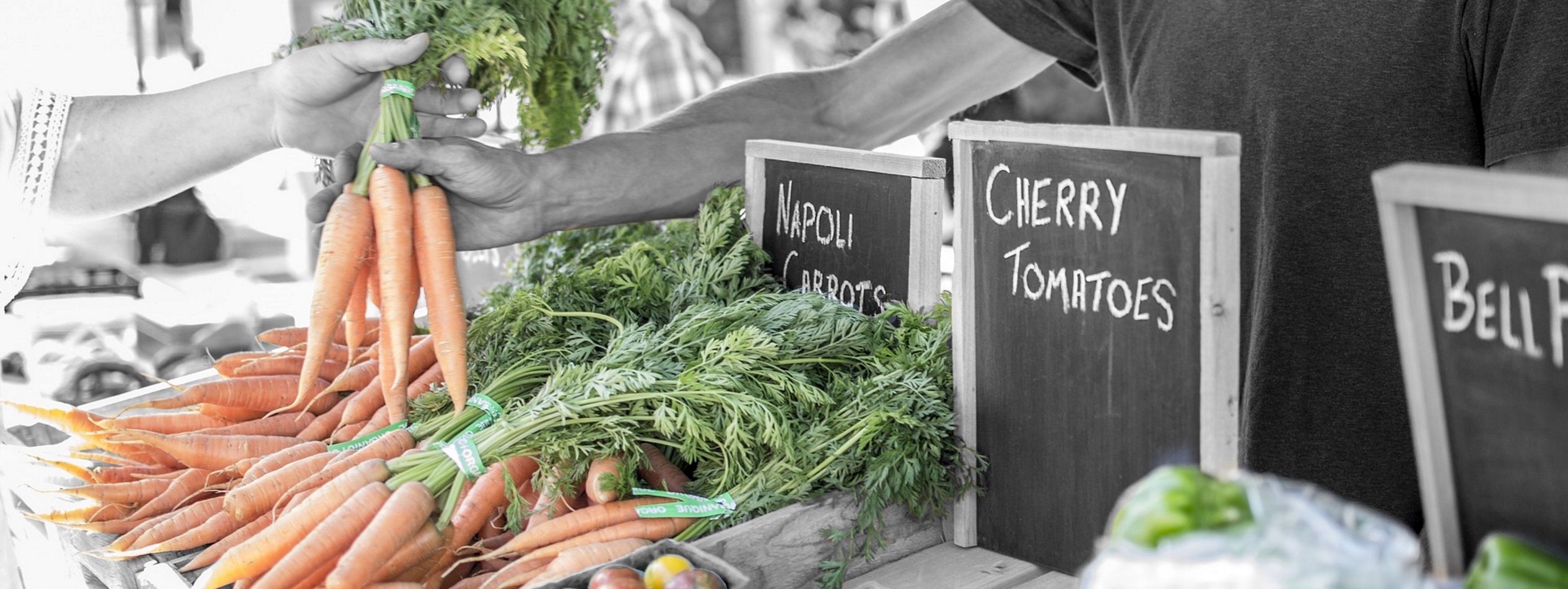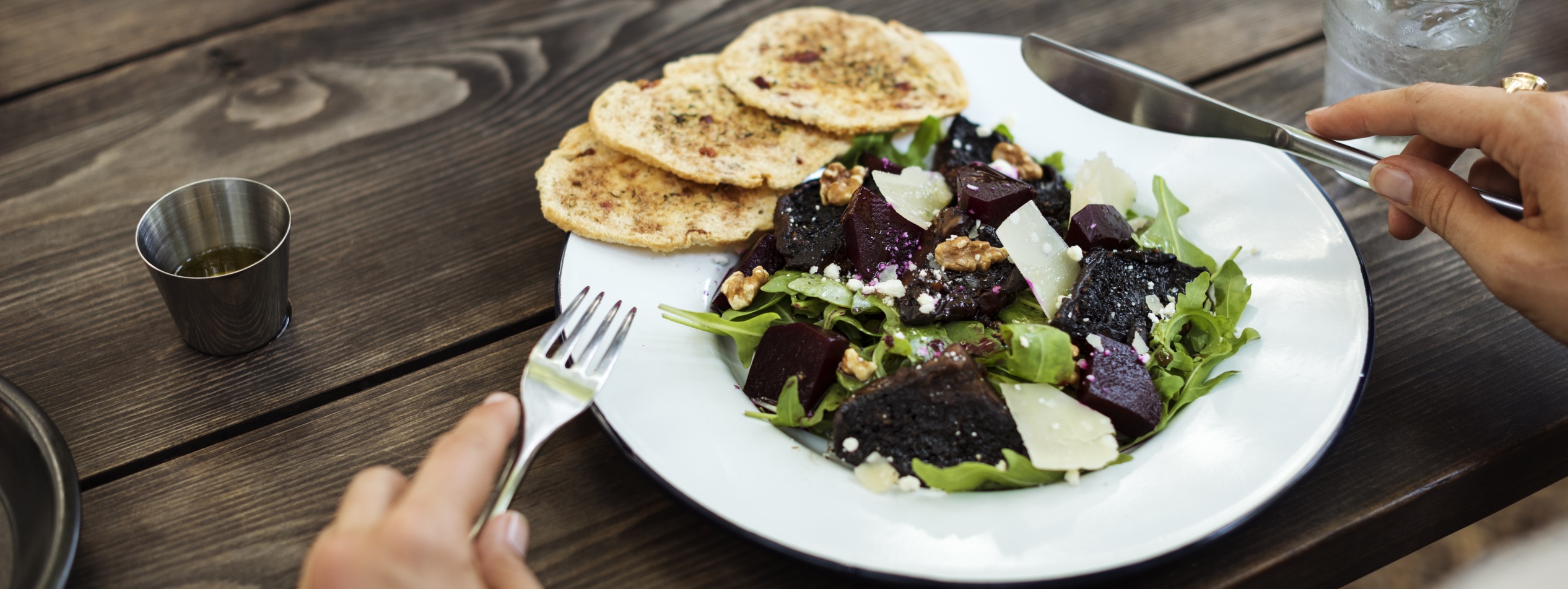There is a popular saying, which I’m sure you have heard, that says: “You are what you eat”. My favourite response is to say, “I don’t remember having eaten an absolute legend”. I have to admit that this is not my original joke. On a more serious note, the statement is often made from a dieting perspective, but I would challenge us to think about it from a sustainability perspective. I read an interesting quote the other day by Wendell Berry, who said: “A significant part of the pleasure of eating is in one’s accurate consciousness of the lives and the world from which the food comes.” I wonder how often we think about the journey which our food has taken to get to our plates. There are a significant amount of processes which need to happen in order to get food onto your table. It starts with a farmer on a farm, moving to a factory, processing plant, or packaging plant, and then to the shop from which you buy it. There is also often a substantial amount of transport in between each of these steps.
There are a few things which come to mind when considering this journey. Do we know where the food was grown? Do we know whether the farmer used environmentally friendly and socially acceptable practices in producing it? Do we know what went into processing and/or packaging the raw material in the factory? Do we know how it was transported and stored? Do we realise that our choice of what we eat creates a demand for both the product, and the process that get the product to our table? The answers to all of these questions are neither easy to obtain, nor straightforward, but I think they are things we need to start thinking about and asking more actively. Every choice we make with regards to eating has an inevitable environmental consequence, which can be positive, neutral or negative. One of the main goals of Trace & Save is to allow consumers to trace where their food comes from, especially taking into account whether the farmers that are producing the food you eat are improving with regards to the sustainability of their farming practices. We want to help you to ask some of those questions, and help farmers to answer them.
- A carbon footprint assessment for pasture-based dairy farming systems in South Africa - 2024-02-07
- What progress have farms participating with Trace & Save made over the past 10 years? - 2023-09-06
- Carbon footprint reduction over time: Lessons from pasture-based dairy farms in South Africa - 2023-09-04



